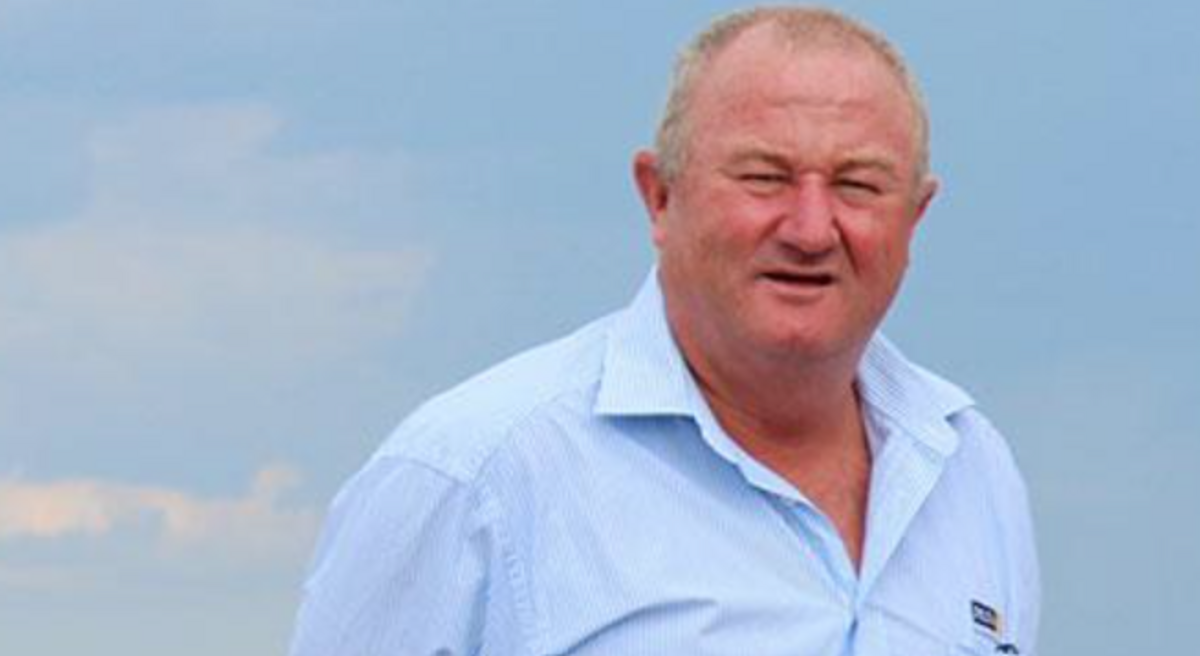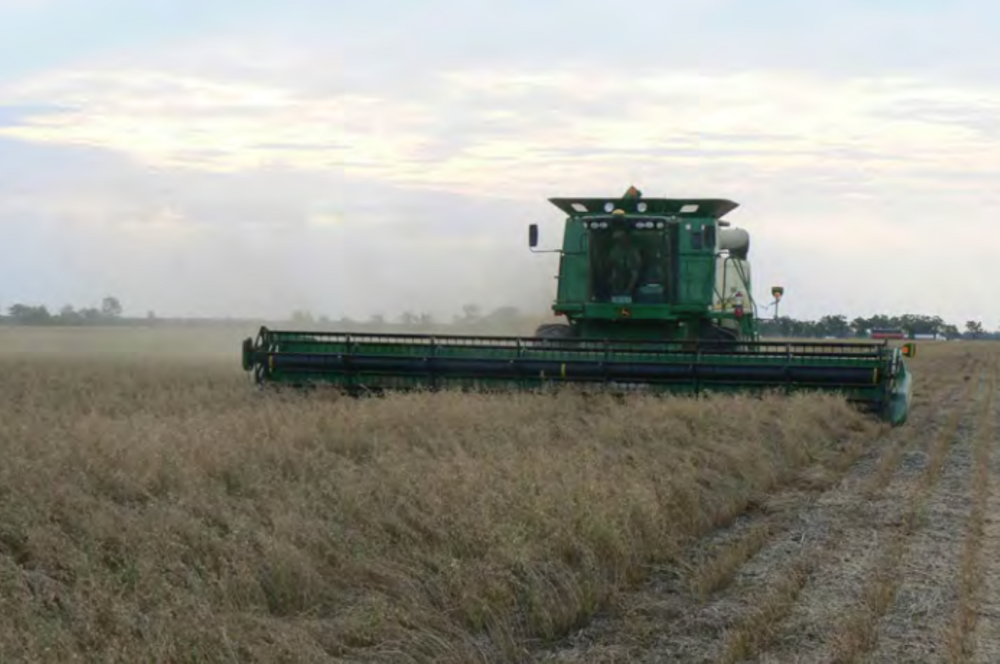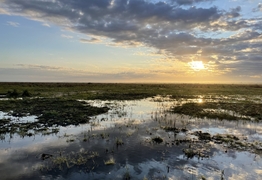Pulse production looking strong
Kristin Murdock
17 October 2024, 8:20 PM
 Chickpeas are having their best season for some time, according to local agronomist, Graeme Callaghan.
Chickpeas are having their best season for some time, according to local agronomist, Graeme Callaghan.The Australian Bureau of Agricultural and Resource Economics and Sciences (ABARES) is tipping a bumper chickpea harvest this season, and that’s great news for local farmers.
As the weather warms up, thoughts of local crop producers are turning to the upcoming harvest with hopes for a profitable season. Rabobank’s agricultural analysts are predicting historically high levels of pulse production this season, meaning chickpeas, beans, lentils, and peas will be in plentiful supply. This is a bonus for local growers, with local winter plantings for these commodities having increased in 2024.
Across the state, chickpea plantings are estimated to have increased by 133 per cent showing the largest year-on-year percentage increase among winter crops in New South Wales.
The increase in area planted is due to the Indian government’s announcement of a tariff free period for Australian chickpea exports meaning an increase in prices.
Generally there has been a strong international demand for pulses and agronomist, Graeme Callaghan from Delta Agribusiness in Coonamble, said that local conditions are looking good for chickpeas.
“Everything is looking good out in the paddock at this stage,” Mr Callaghan said. “Chickpeas are a common crop locally, but we have seen an increase in the number of hectares planted with that commodity this year.”
“Previously, when we had three years of drought, farmers were looking for ground cover which meant a lot of cereals were planted. At that time chickpea prices were not flash anyway, thanks to many factors including tariffs from India," he said.
How things have changed - Rabobank
Speaking on the podcast Racing pulses in Australian and global markets, RaboResearch general manager of Australia and New Zealand Stefan Vogel reiterated the 2024/25 Australian pulse harvest is expected to exceed last year’s volumes, due to a higher area planted (such as in Coonamble) and despite dry seasonal conditions in some growing areas (such as South Australia).
“Until the September frost events in southern growing areas, Australia was poised to deliver the second-highest pulse harvest on record, at just under 4.5 million tonnes,” he said. “Harvest yields will be down as a result of the frosts, but there is hopefully still time for post-frost regrowth and recovery in production.”

Mr Callaghan said while frosts had been reported in crops over winter and spring, the western plains farmers had escaped the worst effects.
“Frosts have been more prevalent in the south of the state,” he said. “Locally, we have been touched a little bit which could potentially affect yields, but nothing compared to other regions.
“We’ve come a way since chickpeas weren’t an attractive crop type, but while the area cropped now is certainly larger, we are probably getting back to the level where we were previously. Farmers have looked at a variety of rotations over the last few years, including oilseeds, but chickpeas are more reliable for us, because we generally are in a drier area."
Overall, ABARES forecast winter crop production in New South Wales to increase by 50% to 16.9 million tonnes in 2024–25, resulting in the third highest production on record. This improvement in production prospects follows high levels of soil moisture at the time of planting and good rainfall. Chickpea plantings are estimated to have increased by 133% showing the largest year-on-year percentage increase among winter crops in New South Wales this season.
Of course, every farmer knows not to count on their harvest until it is safely in the silo, but fingers crossed, this harvesting season is looking promising.



